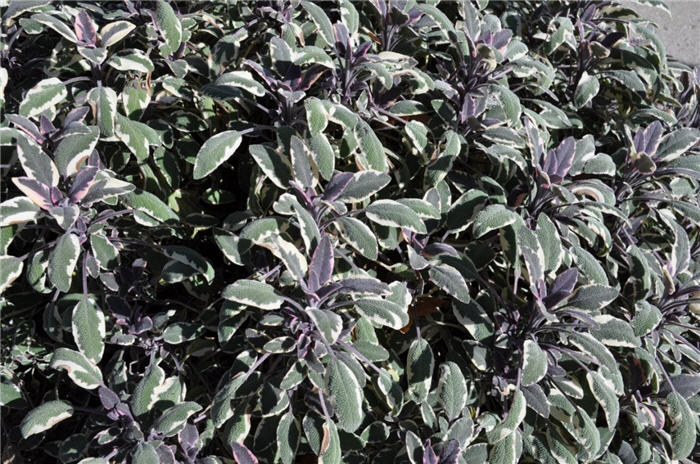| Botanical Name: Origanum rotundifolium 'Kent Beauty' | |
| Common Name: Kent Beauty Oregano |

-
Anatomy
-
Culture
-
Design
Plant Type
Perennial
Height Range
Under 1'
Flower Color
Green, Pink, White, Multi-Colored
Flower Season
Summer
Leaf Color
Blue Green, Grey Green
Bark Color
n/a
Fruit Color
n/a
Fruit Season
n/a
Sun
Full
Water
Low, Medium
Growth Rate
Fast, Moderate
Soil Type
Sandy, Rocky
Soil Condition
Average, Poor, Well-drained, Dry
Soil pH
Neutral
Adverse Factors
n/a
Design Styles
English Cottage, Mediterranean, Ranch
Accenting Features
Showy Flowers
Seasonal Interest
Summer
Location Uses
Entry, Perennial Border, Parking Strip, Patio, Raised Planter, Walkways
Special Uses
Container, Cut Flowers, Small Spaces, Hanging Baskets
Attracts Wildlife
n/a
Information by: Stephanie Duer
Photographer: wrong photo?
Photographer: wrong photo?
-
Description
-
Notes
'Kent Beauty' is a hybrid oregano grown for its attractive flowers, rather than for its culinary qualities. It is a bushy, trailing plant that grows to about 10 inches tall and maybe a foot wide, with wiry stems that are covered in small, oval, silver-veined, slightly hairy leaves. the flowers appear in mid-summer, and are drooping, lantern-like bracts that are tinged in pink. Very effective when planted where its trailing qualities are well shown. Subtle but very distinctive. Barney Barnett of Willard Bay Gardens says these are a group of perennials that he just can't do without!
Grow in well drained soil in full sun. Does very well in gritty, sandy-loams. Excellent heat and drought tolerance; not tolerant of soggy soils. Listed as being hardy to USDA Zone 6, and it should over-winter if not planted in a wet site. Cut back in late winter to early spring. Flowers are excellent in fresh cut or dried arrangements. Though drought tolerant, it may need more water if planted in a container.